Introduction
Do Pigeons Bite: Pigeons, often regarded as peaceful and docile birds, are a common sight in urban and suburban environments worldwide. Their gentle cooing and graceful flight patterns make them a symbol of tranquility for many. We will delve into the intriguing behavior of pigeons, shedding light on their interactions with humans and whether or not they are prone to biting when circumstances warrant it. Understanding the potential for pigeons to bite is essential for those who come into contact with them, as it can help foster safer and more harmonious coexistence between humans and these avian neighbors.
Intrigued by the question of whether pigeons have a tendency to bite, we will uncover the factors that may lead these seemingly gentle birds to resort to such behavior. Pigeons have a long history of association with humans, often sharing the same spaces in urban landscapes, public parks, and city squares. This proximity raises the boundaries of interaction between these two species. To fully appreciate the nuances of pigeon behavior. From encounters during feeding to interactions in confined spaces, That could potentially trigger defensive responses in these birds.
We will consider the potential risks and consequences of pigeon bites, as well as the steps individuals can take to minimize the likelihood of such encounters. Ultimately, understanding whether pigeons bite and under what circumstances can provide valuable insights into fostering a harmonious coexistence between humans and these remarkable birds. To unravel the mysteries behind pigeon behavior and the intriguing question of whether pigeons do, indeed, bite.
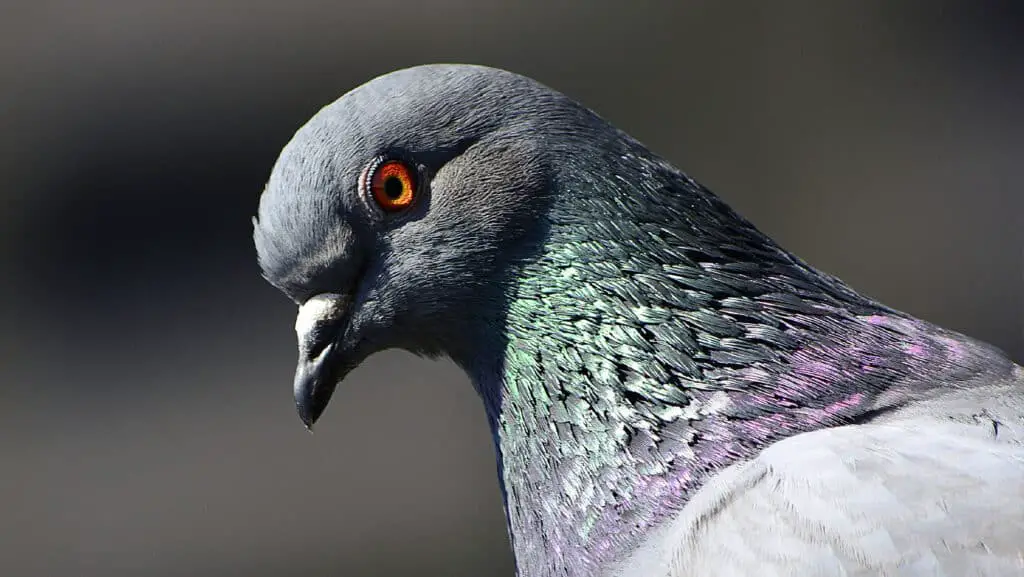
Can pigeons attack humans?
Pigeons can be cheeky if they really fancy a bite of your sandwich but generally, they’ll stay out of our way. This is unless they feel their young is in danger. If a pigeon thinks you pose a risk to their offspring, they have been known to attack humans.
Pigeons are generally not known for attacking humans. They are, by nature, non-aggressive birds and are more likely to flee or avoid human interaction rather than confront it. Pigeons have coexisted with humans in urban environments for centuries, and their behavior is largely characterized by a docile and peaceful demeanor.
There are rare instances where pigeons may engage in defensive behavior that could be interpreted as an attack. These situations usually arise when a pigeon feels threatened, cornered, or provoked. In such cases, a pigeon may flap its wings, coo loudly, or even peck if it perceives a direct threat to its safety.
That these defensive responses are not intended as attacks on humans but rather as attempts to deter what the pigeon perceives as a threat. In the vast majority of interactions, pigeons will not harm or attack humans.
Why does my pigeon bite me?
A bird may bite out of fear, excitement, true aggression, or displaced aggression, and there are warning signs that every bird owner should be aware of.
Fear or Anxiety: Pigeons can become frightened in unfamiliar or stressful situations. Biting might be their way of trying to protect themselves when they feel threatened.
Handling: Improper or forceful handling can cause discomfort or fear in pigeons, leading to defensive behavior. It’s crucial to handle them gently and respectfully.
Territorial Instincts: Pigeons can become territorial, especially if they perceive you as a threat to their space or nest. In such cases, they might bite to defend their territory.
Health Issues: Pain or discomfort due to underlying health problems could make pigeons more irritable and prone to biting. Consulting a veterinarian is advisable if you suspect health issues.
Mating Season: During mating season, pigeons may become more protective and possessive. If you approach their mate or nest, they may bite as a defensive measure.
Can pigeons peck you?
Mostly not; if they take off en masse when you or your child or your dog come close they’re just removing themselves from a potentially threatening situation, even if they fly right over your head. But they’ll peck at you if you mess with their nests.
Feeding: If you offer food to pigeons, they may peck at your hand or fingers to obtain the food. This behavior is more about feeding than aggression, and their beaks are not sharp enough to cause significant harm.
Curiosity: Pigeons are naturally curious birds and may investigate objects, including your fingers, with gentle pecks to explore their surroundings.
Mistaken Identity: Sometimes, pigeons may peck at shiny or colorful objects, mistaking them for food. This behavior is not aggressive but rather a result of their curiosity.
Stress or Fear: If a pigeon feels threatened or cornered, it may resort to pecking as a defense mechanism. This is more likely to occur when pigeons are in unfamiliar or stressful situations.
How harmful are pigeons?
Diseases associated with pigeon droppings include Cryptococcosis, Histoplasmosis and Psittacosis. You can become infected with these diseases by breathing in the dust that is created when cleaning droppings. The risk of pigeon-related diseases is rare.
Disease Transmission: Pigeons can carry diseases like histoplasmosis, cryptococcosis, and salmonella, which can be transmitted to humans through contact with their droppings. Proper sanitation and hygiene are essential to minimize this risk.
Property Damage: Pigeon droppings can be corrosive and may damage buildings, statues, and vehicles if left untreated. Their nests and roosts can also clog drainage systems.
Overpopulation: In some urban areas, pigeon populations can become overabundant, leading to problems such as increased waste, unsightly droppings, and potential competition with native bird species for resources.
Allergies: Pigeon feathers, droppings, and nest materials can trigger allergies in sensitive individuals.
Safety Hazards: Pigeon droppings on sidewalks and other surfaces can be slippery and pose slip and fall hazards.
Should I let my bird bite me?
As you do so, immediately place the bird back in its cage or on its perch. As you ponder what could have made your bird feel cornered enough to bite, give the bird a few minutes of time out, with no eye contact from you by removing yourself from the room.
Reinforcement of Negative Behavior: Allowing your bird to bite without addressing the underlying issue can reinforce this behavior. It may encourage the bird to bite more frequently as a means of communication or defense.
Trust and Bonding: Biting can erode trust and hinder the development of a positive and affectionate relationship with your bird. Trust-building should be a fundamental part of your interactions.
Safety: Some bird species have strong beaks and can inflict painful bites that may lead to injury. Allowing biting could potentially escalate into a more significant safety concern.
Do pigeons have teeth?
Birds do not have teeth, although they may have ridges on their bills that help them grip food. Birds swallow their food whole, and their gizzard, a muscular part of their stomach grinds up the food so they can digest it.
No, pigeons do not have teeth. Pigeons, like most birds, lack teeth in their beaks. Instead of teeth, they have a specialized digestive system adapted to their herbivorous diet, which primarily consists of grains, seeds, and plant matter.
Pigeons use their beaks, which are made of keratin, to pick up and manipulate their food. Their beaks are strong and slightly curved, allowing them to crack open seeds and grains. Pigeons have a unique adaptation called a “crop,” which is a muscular pouch in their throat where they temporarily store food before it enters the stomach. In the stomach, pigeons have a two-chambered system, consisting of a glandular proventriculus and a muscular gizzard, which helps them grind and digest the tough outer shells of seeds.
This absence of teeth in pigeons is a common feature among birds. Instead of chewing their food, they rely on their beaks and digestive system to process their meals efficiently. Pigeons are well-adapted to their diet, and their beak structure and digestive anatomy are specialized for extracting nutrients from seeds and grains, making them highly successful and adaptable urban birds.
Will I get sick if I touch a pigeon?
Pigeons in general do carry a lot of disease but most are not transferable to humans. The one way humans can contract diseases from pigeons is by exposure to their droppings.
Disease Transmission: Pigeons can carry diseases, some of which can be transmitted to humans. The most common concern is exposure to their droppings, which can harbor pathogens like Salmonella, E. coli, and Cryptococcus. It’s crucial to practice good hygiene and avoid touching your face or mouth after handling pigeons or their droppings.
Allergies: Some individuals may be sensitive or allergic to substances found on pigeons, such as their feathers, dander, or droppings. Allergic reactions can range from mild irritation to more severe symptoms.
Zoonotic Diseases: While the risk is relatively low, certain zoonotic diseases like avian influenza have been transmitted from birds to humans. It’s essential to follow public health guidelines and avoid handling sick or dead pigeons.
How painful is a bird bite?
While you’re managing your biting bird, be cautious. Bites aren’t only painful, but they can also be severe. While rare, parrot owners have lost eyes, fingers, and toes to their pet birds, while others have sustained traumatic injuries to their lips, ears, and noses.
The pain level of a bird bite can vary widely depending on several factors, including the species of bird, the size and strength of the bird’s beak, the depth of the bite, and the individual’s pain threshold. Most bird bites, especially those from smaller pet birds like parakeets, canaries, or finches, are relatively mild and cause minor discomfort. They may feel like a sharp pinch or a strong pinch, similar to what you might experience when someone squeezes your skin firmly with their fingers.
Larger birds with more robust beaks, such as parrots or macaws, have the potential to inflict more painful bites. These birds can deliver a stronger bite force, and their beaks are capable of causing deeper puncture wounds, which may be more painful and may require medical attention.
Regardless of the bird’s size, any bite can carry the risk of infection due to bacteria in the bird’s beak and mouth. Therefore, it’s essential to clean and disinfect any bird bite wounds promptly and seek medical attention if there are signs of infection, such as redness, swelling, or discharge.
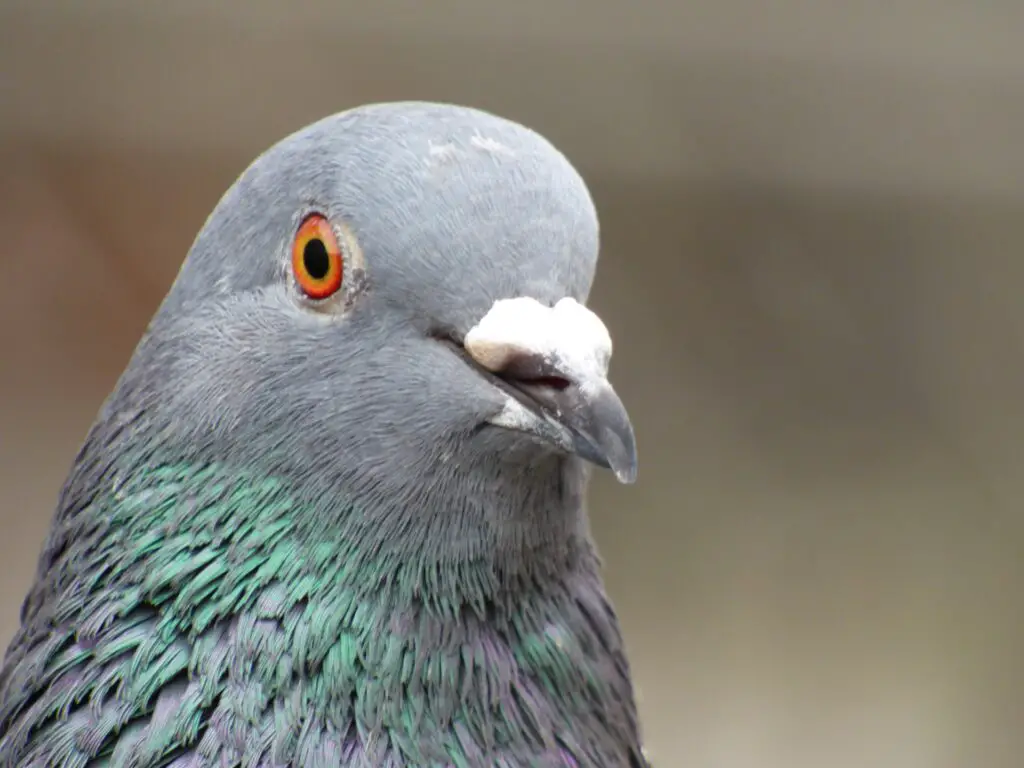
Conclusion
If pigeons bite, we’ve journeyed through the intriguing world of these avian neighbors. Pigeons, with their peaceful demeanor and gentle cooing, have long been associated with urban environments, where they share space with humans. While they are generally non aggressive birds, we’ve discovered that pigeons may indeed bite under certain circumstances. Revealed that pigeons are more likely to resort to biting when they feel threatened or cornered.
This behavior is, in many cases, a natural instinct for self-defense rather than an aggressive act. Understanding these triggers and respecting the boundaries of pigeon-human interactions can go a long way in minimizing the chances of a biting encounter. The different contexts in which pigeon biting may occur, from feeding situations to confined spaces. Awareness of these scenarios can help individuals take precautionary measures to prevent confrontations and foster peaceful coexistence.
While pigeon bites are relatively rare and their behavior is generally non-confrontational, it is essential for people to approach these birds with respect and empathy. Pigeons play a unique role in our urban ecosystems and deserve to be treated with consideration. By doing so, we can ensure a harmonious coexistence with these remarkable avian companions while minimizing the chances of experiencing a pigeon bite. It’s crucial to recognize that pigeons, like many other animals, have their own language of communication.

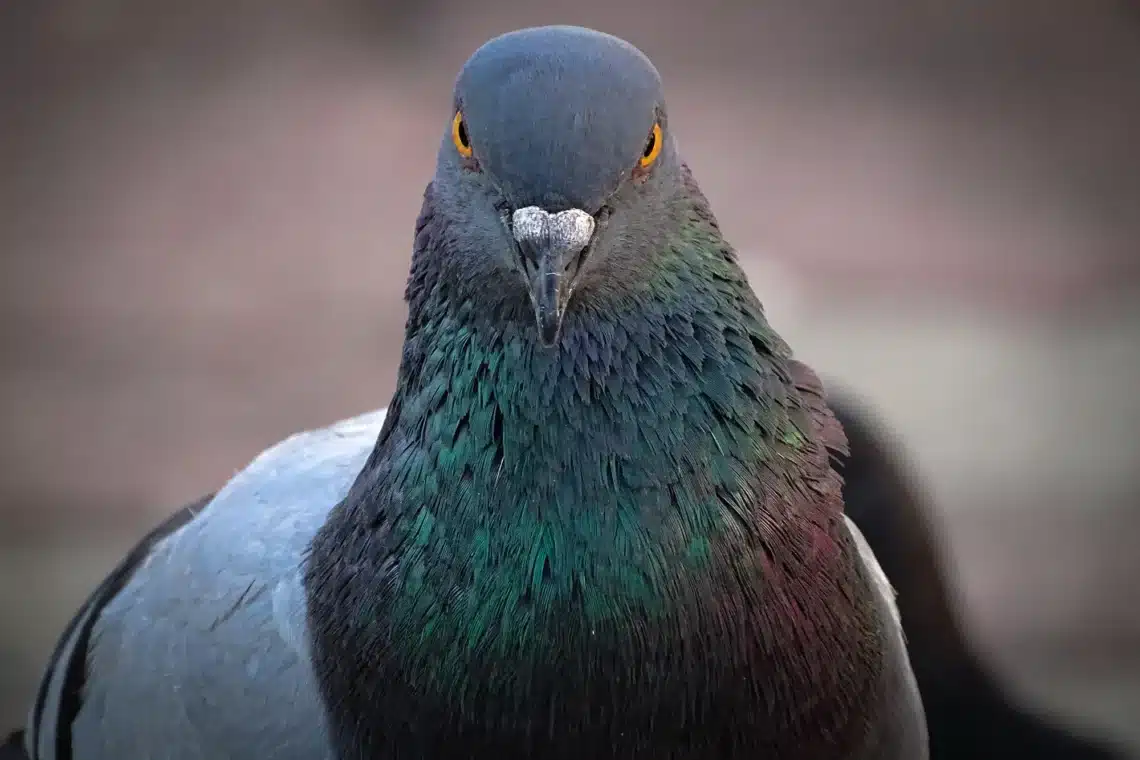
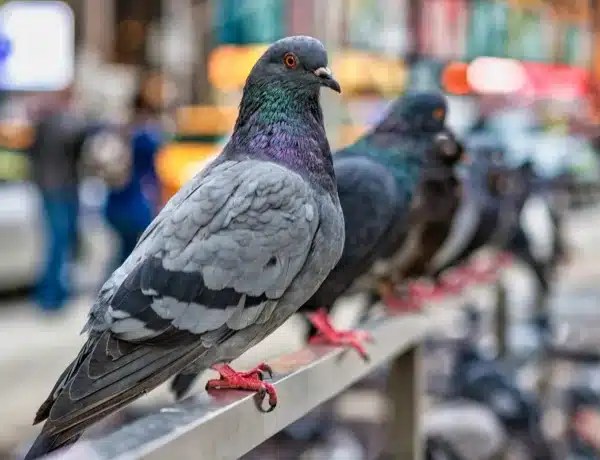
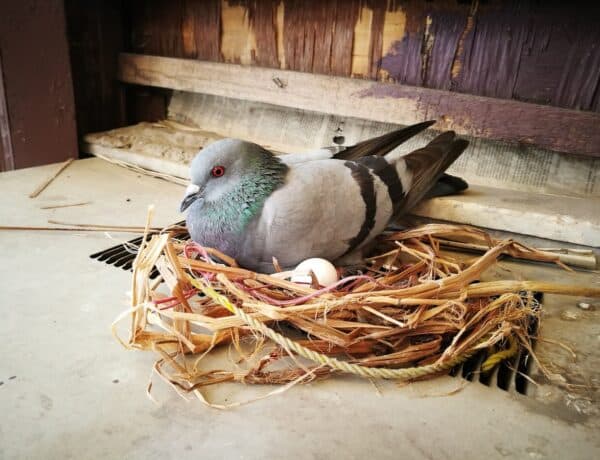
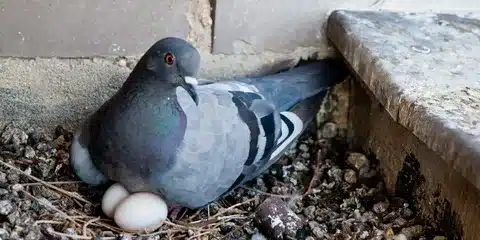
No Comments